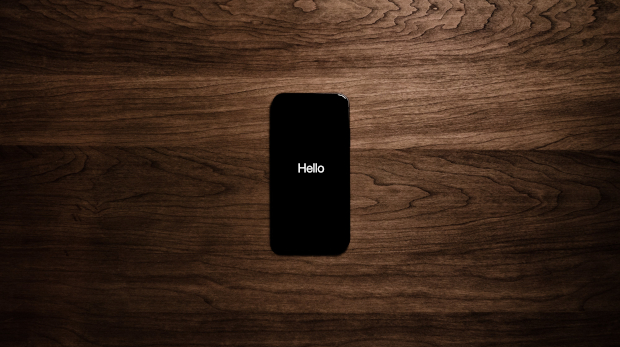
Smartphones will actually be smart, manufacturers say
The race is on to put artificial intelligence (AI) in the palm of our hands. Indeed, such is manufacturers’ excitement at the prospect of reigniting device sales that there is scarcely a forthcoming device that isn’t being pitched as an AI machine.
It’s no surprise, really. Of late, new phones have been met with the kind of muted response appropriate for exciting new features such as… a bigger screen and a camera with multiple lenses.
Seen this way, devices such as Samsung’s Galaxy S24 Ultra can be understood as a way of kickstarting the market with the inclusion of features such as a built-in transcription summariser and automatic text-to-speech translation. Google’s home-grown Pixel 8 Pro, meanwhile, has similar features and, naturally, glues Google’s AI Gemini (née Bard) into the centre of the user-interface.
Of course, Apple’s plans for AI are what every observer of the technology sector is waiting on.
Earlier this month, rumours swirled of a deal with Google. That seems unlikely, though. Apple and Google are serious competitors in phone land, and the company is already dependent on Google for its default search results in Safari. True, Apple is paid handsomely for making Google search its default, but as failed approaches from Microsoft prove, the deal has made a prisoner of Apple. Should Apple give Google search the heave-ho, Google could retaliate by crippling crucial Google services, such as Google Maps, on iOS devices. For this reason alone, I would be surprised if Apple sought to embrace the search giant any more tightly than it already has.
Just this week, however, some other news broke: Apple is thought to be working with OpenAI – and Microsoft, the key beneficiary of OpenAI’s success so far is, reportedly, worried.
According to the New York Times, Apple plans to revamp its virtual assistant Siri by stuffing ChatGPT into it. However, a leak published this week suggests Cupertino wants to go further.
Rather than shunt users’ queries off to someone else’s computer, Apple plans to do as much of the processing as possible in the pocket, using its Arm-powered CPUs to augment not only Apple Maps and the Safari web browser, but also notifications and its Spotlight device search.
Interestingly, this is not an uncommon strategy, with Android device manufacturers also hoping to grab some of the action currently being shunted to the likes of Google, OpenAI and Microsoft.
According to a forecast by analysts IDC, 170 million next-gen AI smartphones equipped with system-on-a-chip (SoC) features designed specifically for AI are expected to be shipped in 2024.
One thing is worth bearing in mind, though: according to a study conducted by the Reuters Institute at the University of Oxford, AI is not making as big a splash out there in the real world as it is in tech circles.
Looking across six countries, researchers found that “frequent use of ChatGPT is rare, with just 1% using it on a daily basis in Japan, rising to 2% in France and the UK, and 7% in the USA. Many of those who say they have used generative AI have used it just once or twice, and it is yet to become part of people’s routine Internet use”.
Whether this will remain the case is another question, but there is no question that the tech world, driven by dreams of sleeping on mattresses made out of solid gold, has latched onto AI as not only the next big thing, but also inevitable. We’ll see. It certainly will shift a few phones, though.







Subscribers 0
Fans 0
Followers 0
Followers